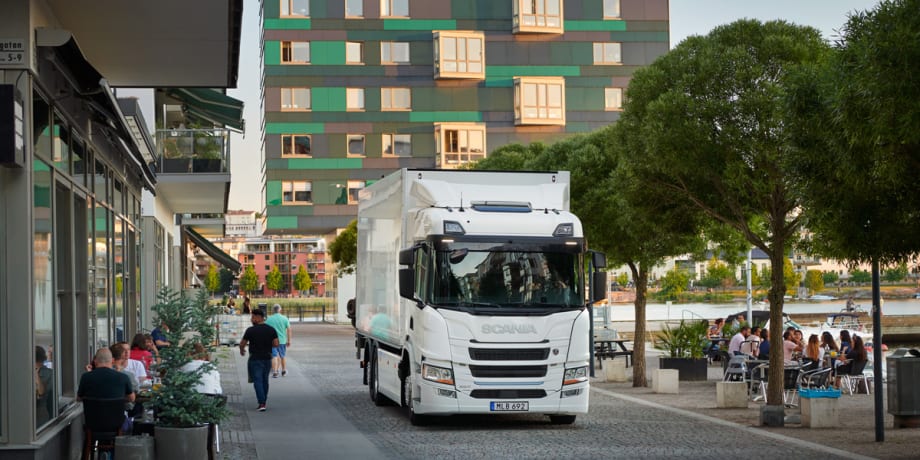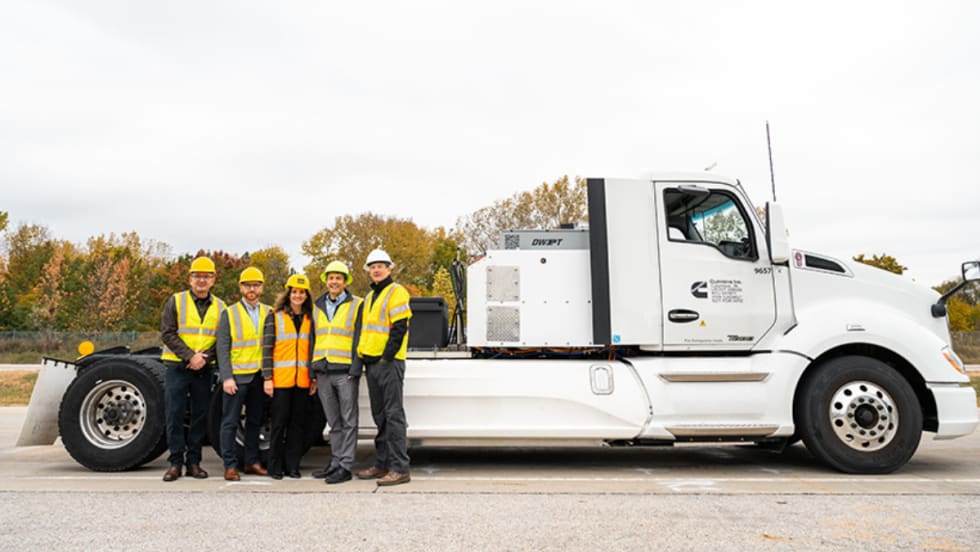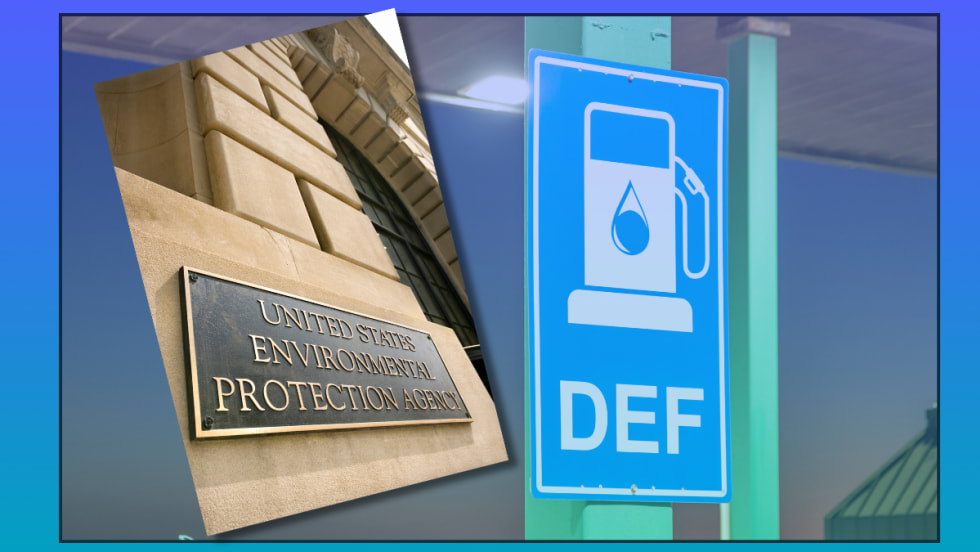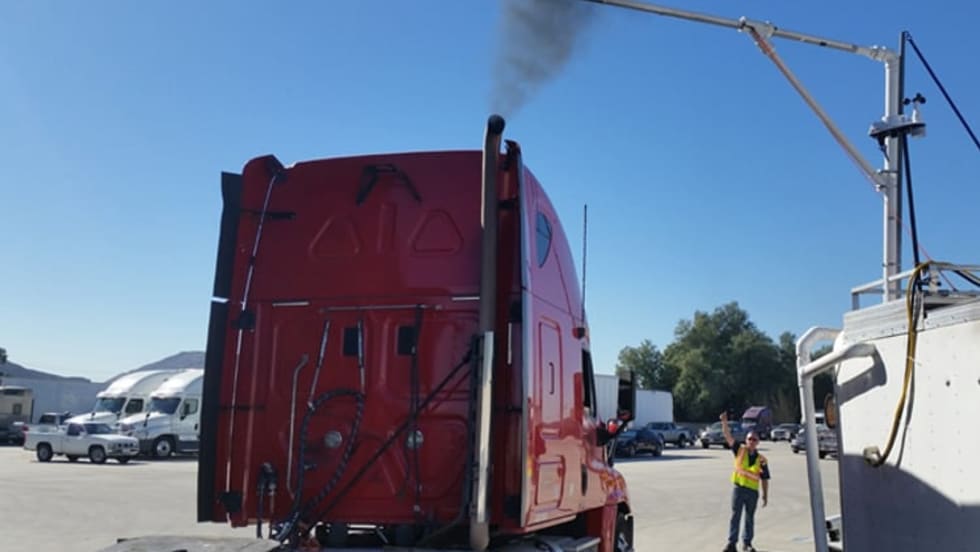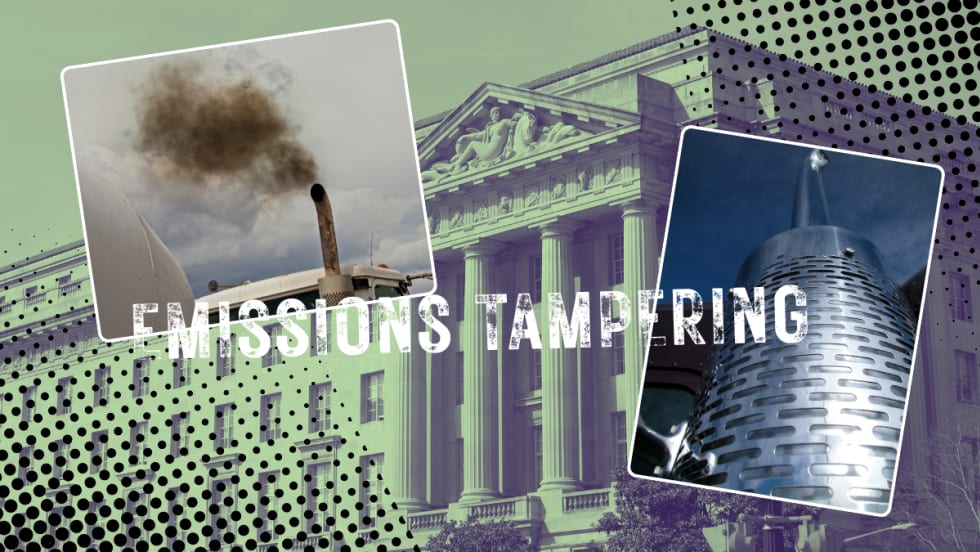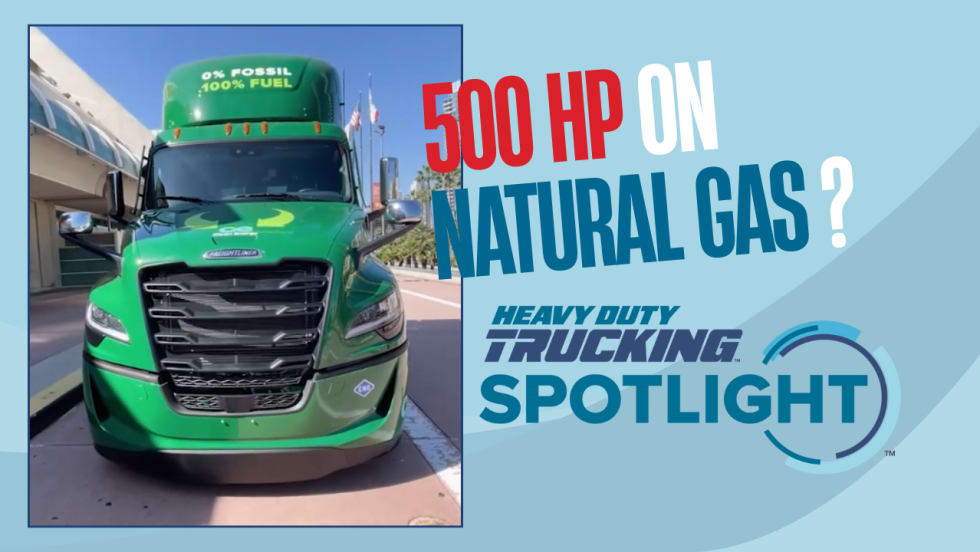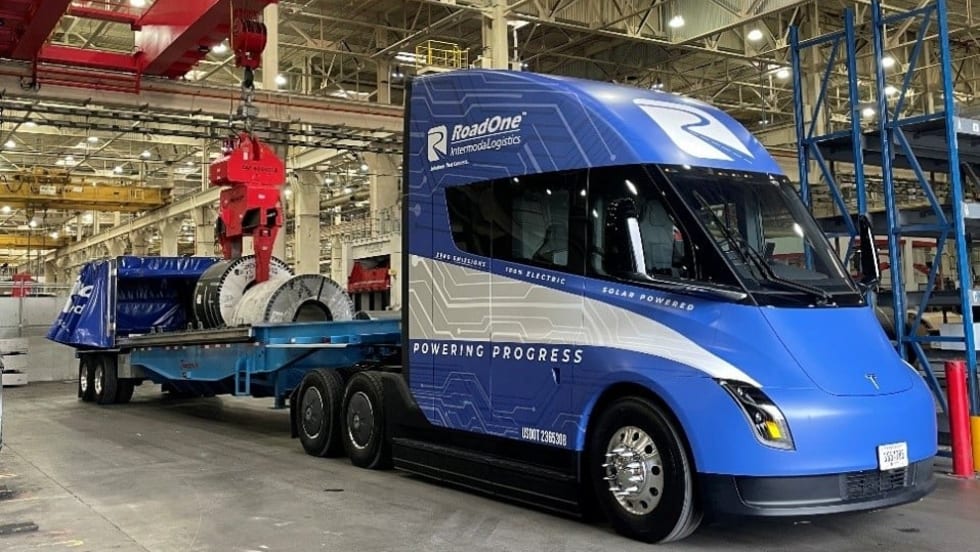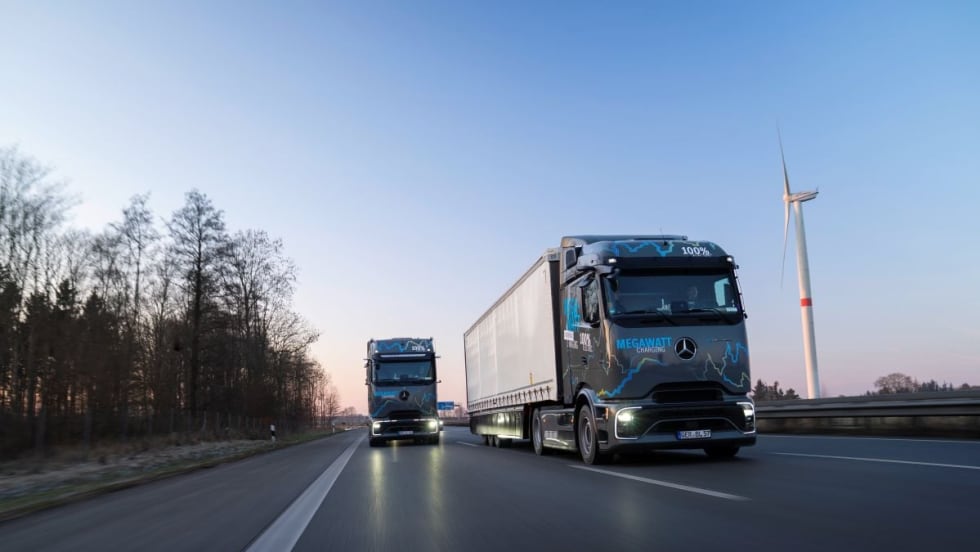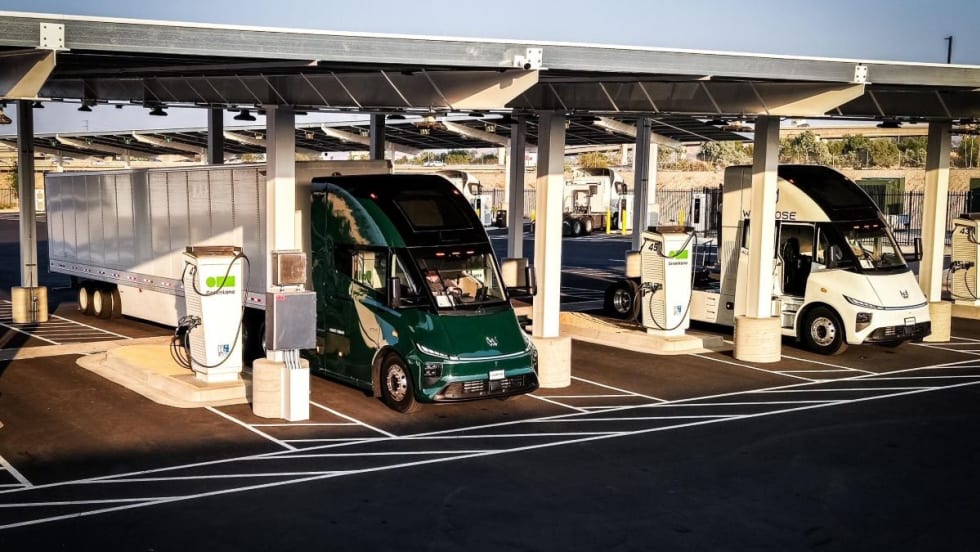Fifteen countries have agreed to work together toward 100% zero-emission new truck and bus sales by 2040.
During the COP26 UN Climate Change Conference of the Parties conference in Glasgow last month, Austria, Canada, Chile, Denmark, Finland, Luxembourg, Netherlands, New Zealand, Norway, Scotland, Switzerland, Turkey, the United Kingdom, Uruguay, and Wales signed a Global Memorandum of Understanding for Zero-Emission Medium- and Heavy-Duty Vehicles.
The agreement set an interim goal of 30% zero-emission new vehicle sales by 2030.
Although the U.S. is not one of the initial signatories, organizers say California’s previous actions and ambitious goals have been breaking new ground in zero-emission transport. The announcement cited California’s Advanced Clean Truck rule that establishes firm sales targets for zero-emission trucks as a basis of the MOU goals.
In addition, manufacturers and fleets, such as Scania, DHL, and Heineken, endorsed the MOU and agreed to work toward the same 2030 and 2040 goals.
Jamie Fox, principal analyst for Interact Analysis, noted in an online column that for this initiative to be really counted as a major success at a global level, it will need to attract more signatures.
“Despite that, I’m going to go out on a limb here and say that this is the start of something,” he wrote. “I tentatively predict that we will later see other countries and OEMs making similar plans, and that this will capture just enough momentum to shift the global market to the point where even laggards are eventually forced to follow the same track through market forces, citizen pressure, or eventually even reducing supply of diesel vehicles.”
New Briefs from Around the World
Hydrogen fueling infrastructure: Daimler Truck and TotalEnergies signed an agreement to collaborate in the development of ecosystems for heavy-duty trucks running on hydrogen, with the ambition to play a lead role in kickstarting the rollout of hydrogen infrastructure for transportation in Europe. The collaboration includes hydrogen sourcing and logistics, dispensing of hydrogen in service stations, development of hydrogen-based trucks, and establishment of a customer base. TotalEnergies has the goal by 2030 to operate directly or indirectly up to 150 hydrogen refueling stations in Germany, the Netherlands, Belgium, Luxemburg and France.
Service for Arrival vans: Electric-van maker Arrival is setting up a service and repair network for its electric vans in Europe and the U.S. Because Arrival doesn’t have a franchise dealer network, the Arrival Service Network Program currently has four partners in Europe and four in the U.S. Partners in the program will use the company’s digital Service Platform to train and certify technicians on its vehicles. The Service Platform uses the data from Arrival’s vehicles and proprietary algorithms to enable existing service providers to repair and maintain vehicles using existing networks of technicians and workshops. Arrival says this will ensure scalable coverage for fleets using its electric commercial vehicles.
Alliance Parts in Mexico: Alliance Parts, a brand of Daimler Trucks North America, opened its first standalone store in Mexico, in the Escobedo, Nuevo León. The store, operated by the Difrenosa dealership, features Alliance Parts for all Freightliner trucks. The Alliance Parts store in Mexico opened with more than 1,000 unique parts in stock and plans to double its offerings by the end of 2022.




